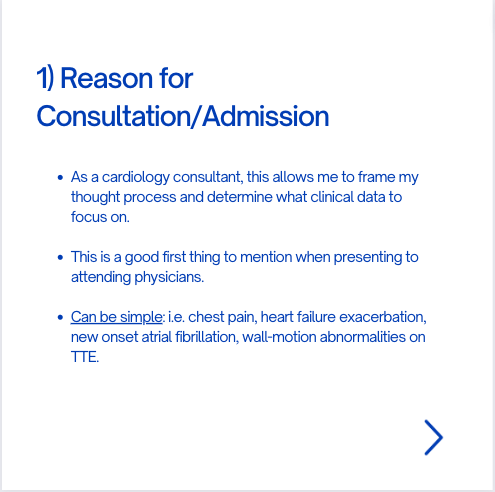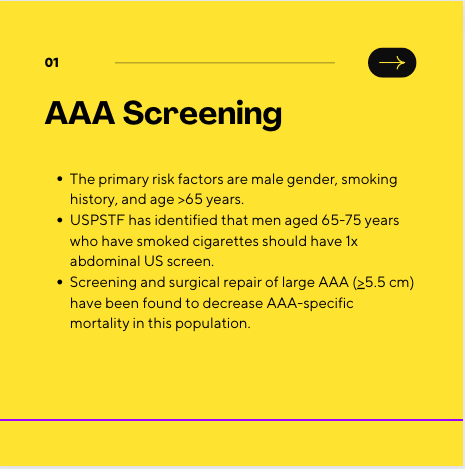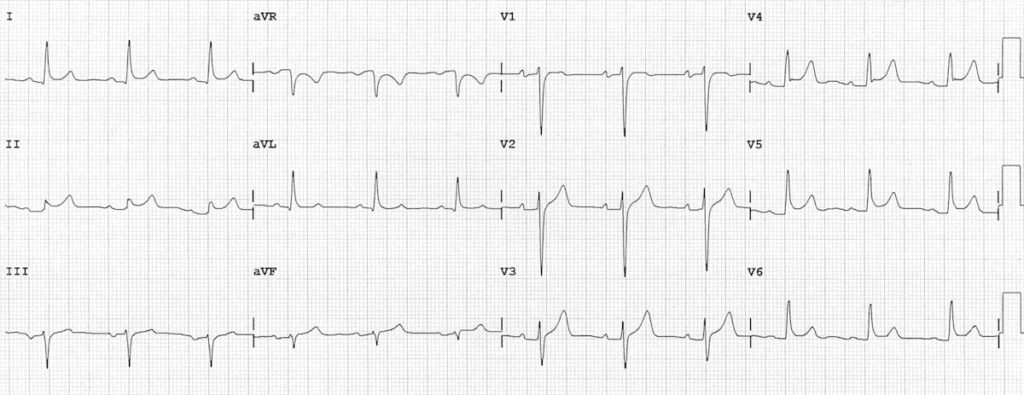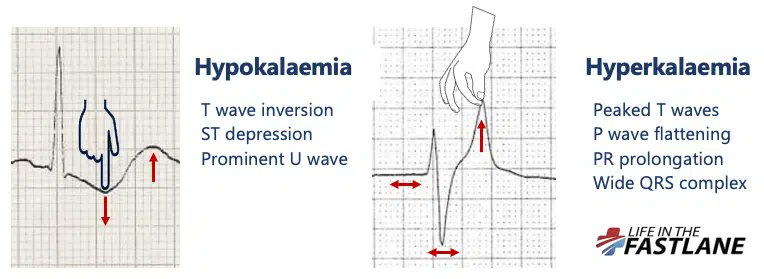
Non-Invasive Cardiologist at Northside. Board-certified in Lipidology. Interested in prevention and wellness.
|Via @IUcardsfellows @USFIMres @UToledoMed |
4 subscribers
How to get URL link on X (Twitter) App




 1) At the top of the notecard, I write the last name of the patient, their age, gender, and date of admission. Pretty-self explanatory. If the patient is not moving rooms, might be helpful to write this down as well.
1) At the top of the notecard, I write the last name of the patient, their age, gender, and date of admission. Pretty-self explanatory. If the patient is not moving rooms, might be helpful to write this down as well. 
 One of the most common consults from the Emergency Room to Cardiology is 'elevated troponin.'
One of the most common consults from the Emergency Room to Cardiology is 'elevated troponin.' 




































